The Branches of Philosophy Overview
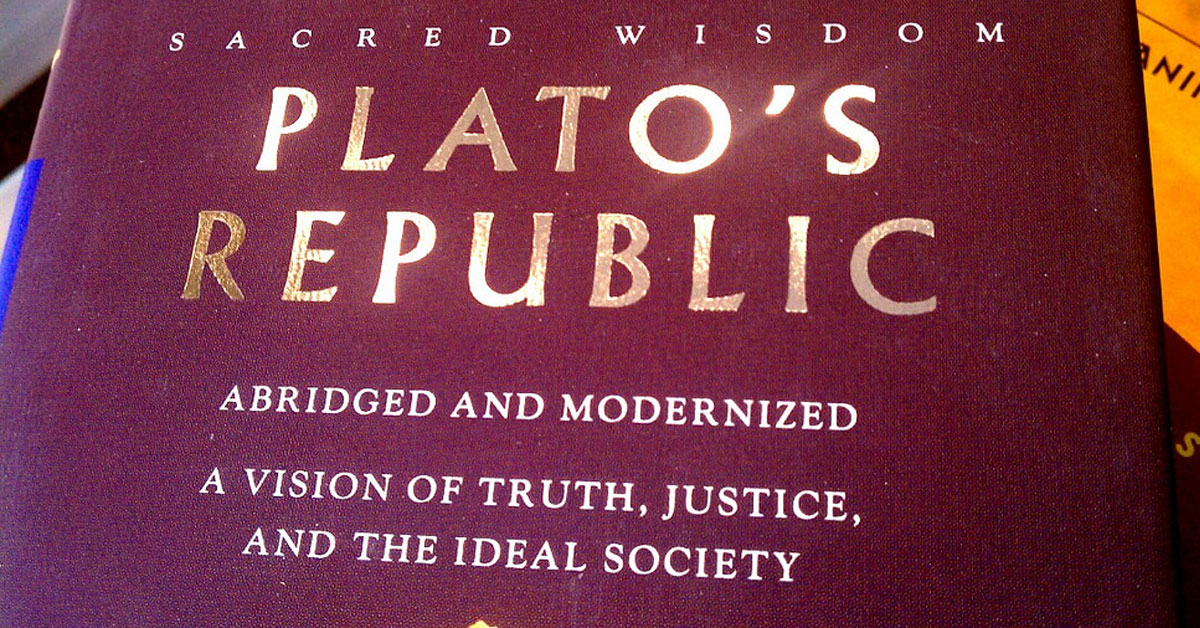
The major branches of philosophy can be denoted as: metaphysics (what is), epistemology (what we can know), logic and reason, ethics and morality, and aesthetics (beauty and art).
Thinking is a mental process which allows humans to model the world, philosophy is the attempt to understand the world using logic and reason. The world being both the external and the internal, and both the knowable and unknowable.
For an overview of philosophy see our branches of philosophy page, for an introduction to philosophy check out Reason at Work (Amazon). Philosophy includes everything from economic and political philosophies, to the philosophies of emotions and mind, to cosmological and other other metaphysical questions, to the nature of god and religion, to the very nature of what we can know. Given that every subject has a science and philosophy (with the two often merging, such is the case in theoretical physics or mathematics) we have to be careful not to undervalue the practical aspects of this non-science.

The major branches of philosophy can be denoted as: metaphysics (what is), epistemology (what we can know), logic and reason, ethics and morality, and aesthetics (beauty and art).
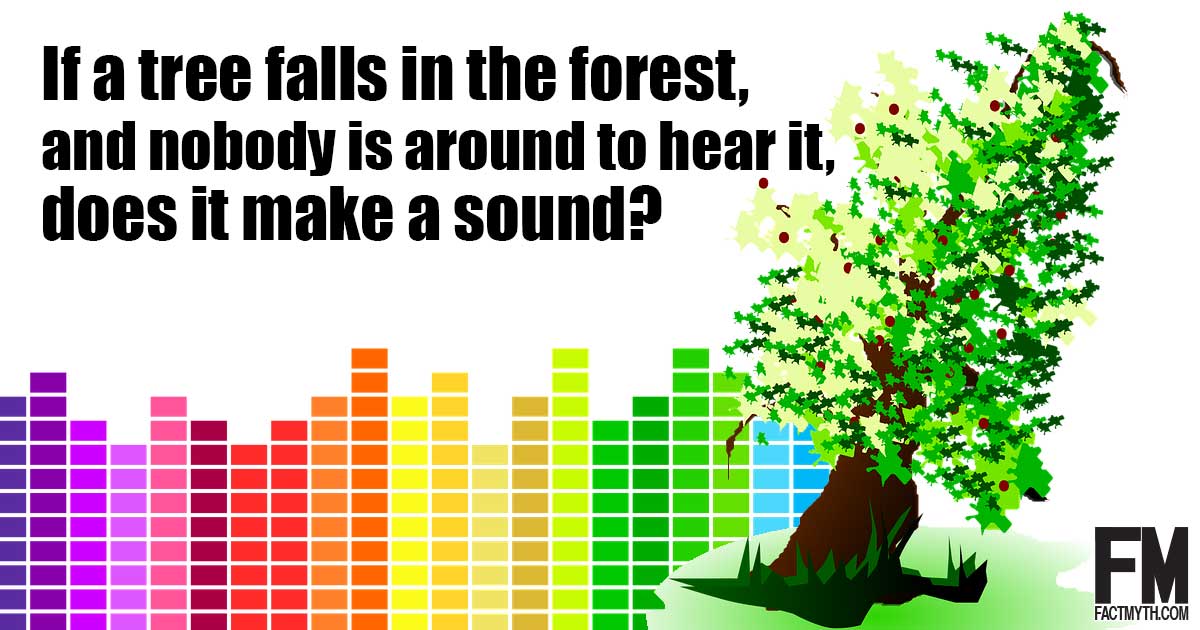
According to physics, if a tree falls and no one is around to hear it, it still makes a sound. Sound is a mechanical wave of pressure and displacement through a medium such as air or water. We don’t have to perceive a sound to know the laws of physics are in play.

We present a discussion on “the meaning of life as happiness,”the Greatest Happiness Theory,” “the Good Life,”the Pursuit of Happiness,” and Virtue Theory.
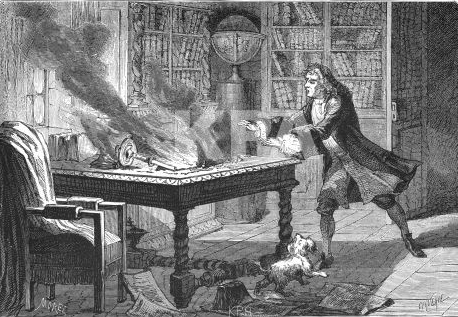
Sir Isaac Newton can be said to have discovered the laws of motion, but more accurately, he refined the work of Aristotle, Galileo, Descartes, and others.

Adam Smith can be considered the father of modern economics due to his influential works which explore the mechanics of morality, markets, and capitalism in an industrialized society.

There are different types of bullshit (BS). BS can be a lie, a half-truth, or truth. The goal of BS is influence, truth and lies are simply the tools of the bulls**tter.
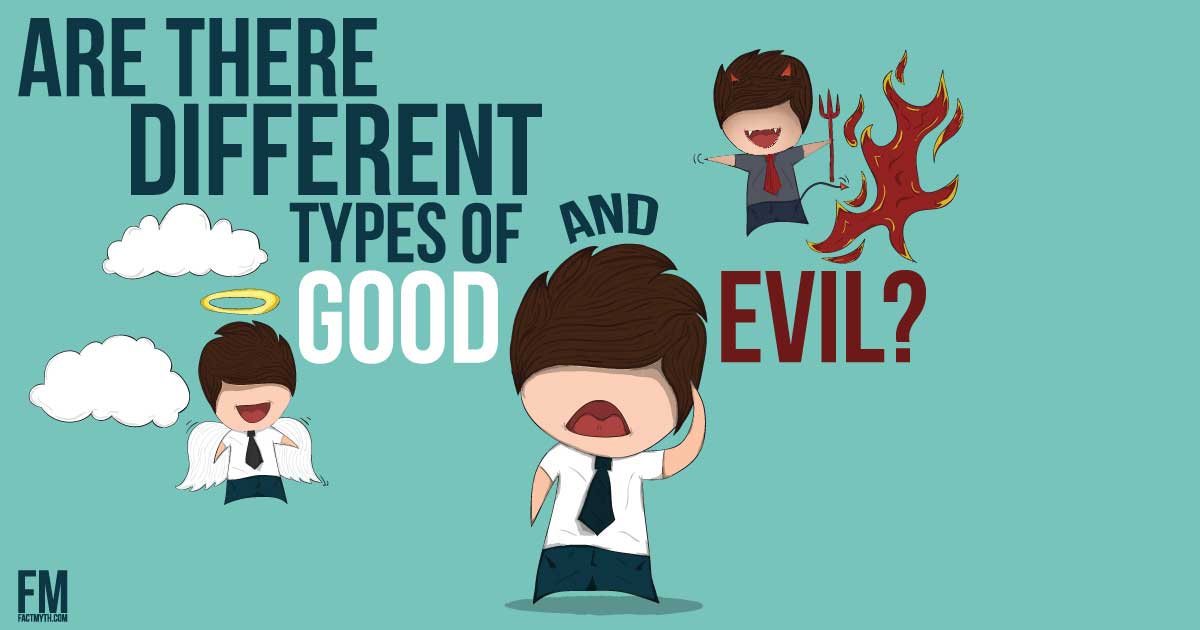
There are different types of good and evil. The way to understand the types of good and evil differs by culture and text, but we can find general similarities by looking at major works and belief systems.
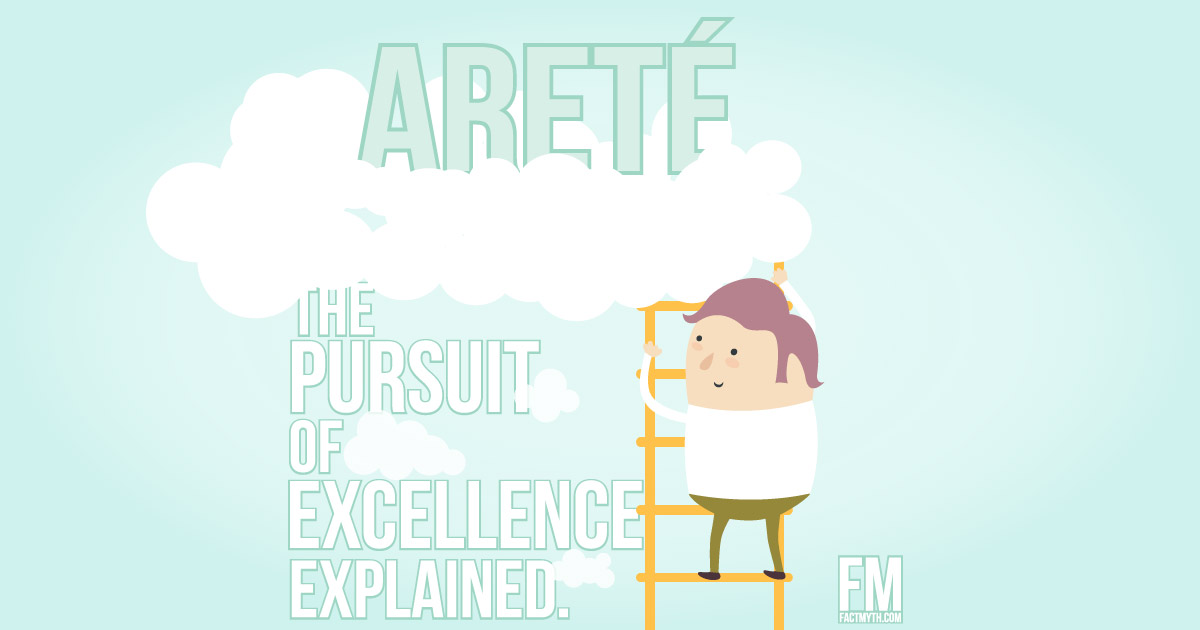
Areté roughly means “moral virtue”. It refers to an innate “excellence” or “essence” in all things, and the striving toward that potential or purpose.

The more time and energy you put into something, the more you value it. This Escalation of Commitment phenomenon (or commitment bias) relates to a number of other decision making biases.
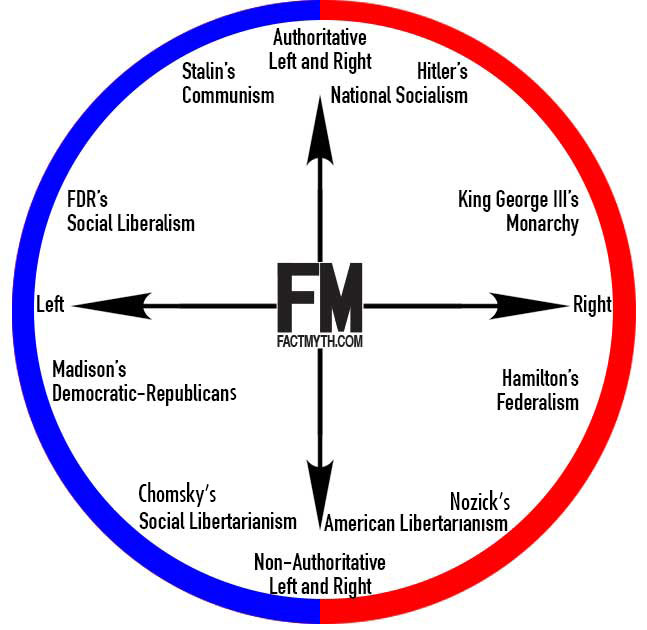
The left-right political spectrum is used to create a model that shows a spectrum of political positions. Traditionally there is a 2-axis spectrum of left and right, but there are also many widely adopted 4-axis model.